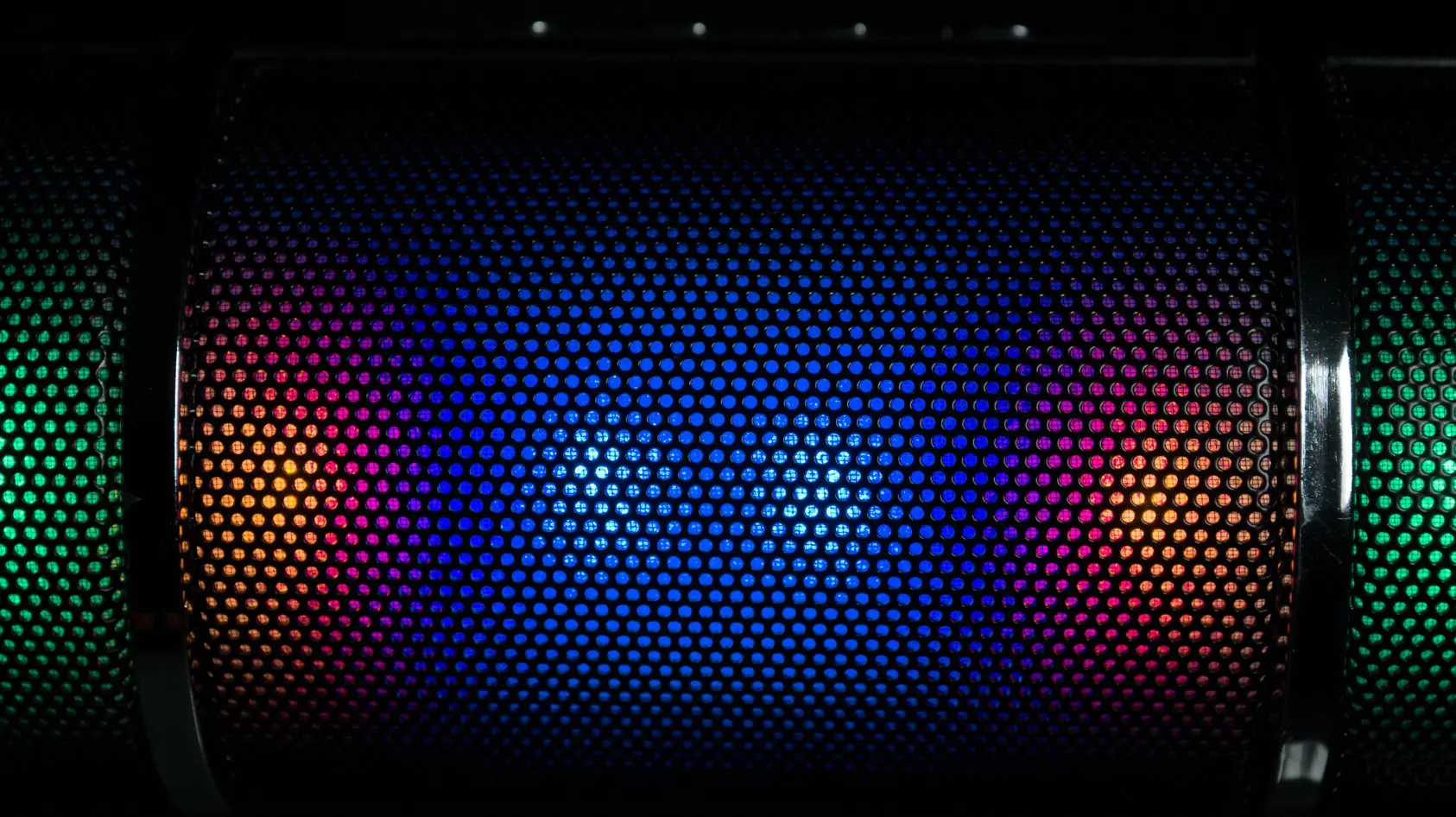Eating Feces and Defecating Rice
By Professor Jae-Hyun Jung
Excrement and Rice Are One and the Same
Humans need food to survive. We must eat well, and if we eat well, we must also excrete well. Eating well, excreting well, and sleeping well—these are the most important aspects of life. What more could we ask for? These three elements are tightly intertwined and indispensable from the beginning to the end of life. Among them, eating and excreting are inseparable and must coexist harmoniously. Ultimately, eating and defecating are two sides of the same coin.
But how exactly are food and excrement part of the same system? The truth is that the entry point for food and the exit point for feces are connected. This connection is open and, in a sense, empty. This openness and emptiness allow us to receive and expel substances. Thus, the digestive and excretory systems are essentially one. Food enters through the esophagus, passes through the stomach and intestines, and exits as feces through the anus. This raises a question: “At what point does food stop being food and become feces?” It’s difficult to pinpoint, making the boundary between food and feces less clear than we might think.
This inseparability has significant implications for our understanding of life. It reminds us that life is neither entirely beautiful nor irredeemably ugly. Living, in essence, involves crossing the boundaries between food and feces—boundaries we’ve traditionally preferred to keep far apart.
Eating Feces: What Does It Mean?
The feces we excrete, whether through traditional or modern plumbing, ultimately return to nature. In traditional systems, excrement is absorbed directly into the soil or used as fertilizer—a process easily observed. The vegetables grown in these fields absorb nutrients from fecal matter, transforming it into a new form. Even animals that eat these plants become part of this cycle.
Some might argue that modern sewage systems are different, but this is not the case. Though feces undergo treatment in septic tanks, they ultimately flow into rivers, seas, and the sky, returning to the earth and re-entering the food chain. Thus, the feces we excrete eventually return to us as food. In this grand cycle, we are, quite literally, eating feces and excreting food. This realization commands a profound sense of reverence for the cycle of life.
The Bible’s book of Ezekiel offers an intriguing perspective on this idea:
“Bake bread using human excrement as fuel, in the sight of the people…”
“Very well,” the Lord said, “I will let you bake your bread over cow dung instead of human excrement.”
– Ezekiel 4:12, 15
It becomes evident that what comes out of our mouths can be dirtier than what enters them. Feces, then, is not something to disdain. Instead, it serves as a mirror to what we have overlooked or taken for granted.
Life Intertwined with Feces
When we excrete, we do not entirely rid ourselves of waste. Even after the most satisfying bowel movement, remnants of indistinct food and feces remain within our bodies. In essence, we carry feces with us as we interact with others, love, and eat.
A profound Zen teaching captures this idea. When a disciple asked Master Yunmen about the nature of Buddha, the master replied:
“A dried feces stick.”
– Wumen Huikai, The Gateless Gate
Describing the Buddha as a “feces stick” may seem jarring at first. But when considered alongside the interconnected nature of food and feces, the depth of Master Yunmen’s words becomes apparent. Life is a process of food and feces transforming into one another.
Recognizing this, we no longer need to strive for purity or loftiness. Just as all life follows this cycle, so do we as humans. If we can stop clinging to the illusion of our own nobility, life may feel much simpler and more peaceful.
Thank you.

“Just remember that you can test different video lengths until you find what works best –– the sweet spot. Pay attention to your video performance and adjust until you see success.”




